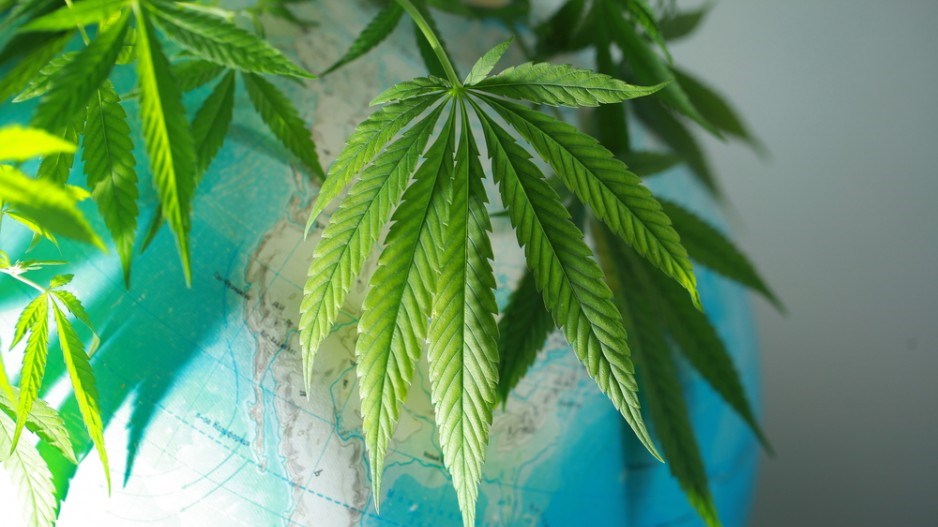While marijuana legalization has jumped all the legal hurdles in Canada, the same cannot be said for the impending legal difficulties that await us internationally.
In a statement released Monday, a Russian foreign ministry spokesperson accused Canada of deliberately breaching its international legal obligations. Russia is not the only one to raise concerns about Canada’s cannabis legalization. In a June 21st press release, the United Nation’s International Narcotics Control Board (INCB) highlighted its fears with Canada’s legalization of Cannabis. In the statement, the organization reiterated its position that the legalization of Cannabis cannot be reconciled with Canada’s international legal obligations.
“INCB is very concerned about the public health situation in Canada which will result from the Government's decision to legalize the non-medical use of cannabis,” said INCB President Viroj Sumyai. “We also call upon the Government of Canada to consider the repercussions of its policy on other Member States.”
Canada is a party to a number of treaties created in the spirit of the international drug war. Now the INCB is asking Canada to reconsider and Russia is calling on other G7 nations to respond to what the foreign ministry spokesperson called Canada’s “high-handedness.”
“This [G7] alliance has repeatedly declared its adherence to the domination of international law in the relationship between states,” said a Russian foreign ministry spokesperson in the statement.
Canada signed treaties in 1961, 1971 and 1988 to limit the production and sale of recreational drugs. The 1961 Single Convention on Narcotic Drugs limits the production, distribution, use and possession to medical and scientific purposes. The other two treaties deal more specifically with psychotropic drugs and trafficking.
A report written by a coalition of health and human rights advocacy organizations, found that these treaties could be amended to accommodate Canada’s new law, an opinion the INCB and Russian government doesn’t appear to share. The report says that Canada has a number of means available to amend the treaty, reschedule Cannabis as a less dangerous drug or withdrawal from the treaties completely.
The report also highlights how Canada could remain in a state of non-compliance. One way would be to principally stand in noncompliance and work to change the treaties. Another would be to deny any questions of non-compliance by saying that the laws comply with the treaty. The latter is a strategy that has been employed by both Uruguay and the United States.
Although the INCB has the ultimate authority to decide whether a country is in compliance with the treaties, some have argued that a regulatory system could be amenable. An All Parties’ Parliamentary Group report on the UN drug treaties highlighted that a regulatory system could be permissible under the treaty by arguing that the loophole for scientific purposes could apply to experimenting with new regulatory regime options.
However, this excuse didn’t cut it for the Russian foreign ministry. In their statement the spokesperson said that the treaties' conventions do not allow for “flexible interpretation,” citing multiple statements against Canada’s legalization.




